Pyrrhonism and its aftermath
The Pyrrhonist school of thought, originating with Pyrrho of Elis (circa 365–275 BCE) and later systematized by Sextus Empiricus (2nd–3rd century CE), represents one of the most radical and enduring forms of skepticism in the history of Western philosophy. After flourishing during the Hellenistic period, Pyrrhonism seemingly faded in influence, only to resurface in new philosophical contexts during the Renaissance and early modern periods. Over time, certain Pyrrhonist ideas found resonance in Christian thought, particularly in the context of intellectual humility, mystical theology, and later in debates during the Enlightenment about religious tolerance. Although direct adoption of Pyrrhonist concepts into Christian doctrine is unlikely, elements of Pyrrhonist skepticism indirectly influenced Christian thinkers and played a role in shaping modern philosophical and theological discourse.

Meister Eckhart (left) and Johann I (right) at the town hall tower in Cologne. While Meister Eckhart was not a Pyrrhonist, his mystical theology shares some similarities with Pyrrhonist skepticism. Source: Wikimedia Commonsꜛ (license: CC BY-SA 4.0)
The decline and rediscovery of Pyrrhonism
Pyrrhonism, as a living philosophical tradition, largely disappeared with the decline of classical antiquity. However, its legacy persisted through the writings of Sextus Empiricus, whose works, especially Outlines of Pyrrhonism and Against the Mathematicians, preserved the core tenets of Pyrrhonist thought for future generations. These texts were virtually unknown in Europe throughout the early Middle Ages, as the intellectual landscape was dominated by Christian theology and Platonic and Aristotelian philosophy, often mediated through Neoplatonism.
By the late medieval period, with the rise of scholasticism and increased interest in ancient Greek and Roman texts, skepticism began to re-emerge as a philosophical problem. The rediscovery and subsequent Latin translations of Sextus Empiricus’ works in the 15th and 16th centuries played a crucial role in the revival of Pyrrhonist skepticism. This revival coincided with a period of intense religious conflict and philosophical inquiry, making Pyrrhonist ideas highly relevant to the intellectual climate of the time.
Pyrrhonist influence on Renaissance and early modern thought
In the Renaissance, thinkers such as Michel de Montaigne (1533–1592) and Pierre Charron (1541–1603) drew heavily on Pyrrhonist skepticism to question the certainty of human knowledge and to advocate for intellectual humility. Montaigne, in particular, was fascinated by the Pyrrhonist approach to suspending judgment (epoché) and adopted a similar attitude in his Essais. Montaigne’s famous phrase Que sais-je? (“What do I know?”) encapsulates the Pyrrhonist spirit of acknowledging the limits of human understanding.
For Montaigne, Pyrrhonist skepticism served as a way to navigate the turbulent religious landscape of his time. By suspending judgment on contentious theological issues, he advocated a form of practical tolerance and personal equanimity. While Montaigne remained a Catholic, his use of Pyrrhonist ideas allowed him to critique the dogmatism of religious authorities without explicitly rejecting the tenets of faith.
Pierre Charron, a follower of Montaigne, further developed this line of thought in his work De la Sagesse (1601), where he emphasized the moral and practical benefits of skepticism. Like Montaigne, Charron used Pyrrhonist skepticism to promote intellectual modesty and religious tolerance. His work was influential in shaping the thought of later skeptics and philosophers, particularly during the Enlightenment.
Parallels with Christian mysticism
While direct adoption of Pyrrhonist concepts into Christian doctrine did not occur, certain parallels can be drawn between Pyrrhonism and Christian mysticism, particularly in the works of figures such as Meister Eckhart (1260–1328) and Johannes vom Kreuz (1542–1591). Both mystics emphasized the importance of detachment from worldly knowledge and the ineffability of the divine.
Meister Eckhart taught that true union with God could only be achieved by letting go of all preconceived notions and intellectual constructs about God. This radical detachment bears a resemblance to the Pyrrhonist practice of suspending judgment about the nature of reality (epoché). However, while Pyrrhonists suspend judgment to achieve ataraxia (tranquility), Christian mystics do so to reach a direct experience of God, beyond the limitations of human thought and language.
Similarly, Johannes vom Kreuz advocated for the “dark night of the soul”, a process in which the soul is stripped of all sensory and intellectual attachments to prepare for divine union. Like the Pyrrhonist, the Christian mystic recognizes the limitations of human understanding. However, the Christian mystic transcends skepticism by affirming a higher truth that can only be experienced through faith and mystical insight.
Skepticism and religious tolerance during the Enlightenment
The revival of Pyrrhonism during the Renaissance laid the groundwork for significant philosophical developments during the Enlightenment. Thinkers such as Pierre Bayle (1647–1706) and David Hume (1711–1776) were deeply influenced by Pyrrhonist skepticism and used it to challenge the dogmatism of religious and philosophical systems.
Pierre Bayle, a prominent advocate of religious tolerance, employed Pyrrhonist skepticism to argue that reason alone could not resolve religious disputes. In his Dictionnaire Historique et Critique (1697), Bayle highlighted the contradictions and uncertainties inherent in theological and philosophical doctrines, concluding that tolerance was the only rational response to such profound uncertainty. While Bayle did not reject religion outright, his skeptical approach undermined the claims of religious authorities to possess absolute truth.
David Hume, though not a Pyrrhonist in the strict sense, was influenced by the skeptical tradition and adopted a form of mitigated skepticism. In his Enquiry Concerning Human Understanding (1748), Hume argued that human knowledge is limited to experience and that metaphysical speculation is inherently uncertain. Hume’s skepticism had a profound impact on modern philosophy, contributing to the development of empiricism and the critical philosophy of Immanuel Kant.
Conclusion: Indirect influence on Christianity and modern thought
Although Pyrrhonism did not directly shape Christian doctrine, its emphasis on intellectual humility and the suspension of judgment found echoes in certain currents of Christian thought, particularly in mysticism and the promotion of religious tolerance. The revival of Pyrrhonist ideas during the Renaissance and their subsequent development during the Enlightenment played a crucial role in shaping modern philosophical discourse.
Pyrrhonist skepticism challenged the certainties of both religious and philosophical dogmas, paving the way for a more critical and tolerant intellectual culture. Its legacy can be seen in the rise of modern empiricism, the philosophy of science, and the secular principles of religious tolerance and intellectual modesty. While the Pyrrhonist path diverged from the Christian path in its rejection of absolute truth, both traditions contributed to a shared recognition of the limits of human understanding and the importance of inner tranquility.
References and further reading
- Hellmut Flashar, Die Philosophie der Antike. Bd. 3. Ältere Akademie, Aristoteles, Peripatos, 2004, Schwabe, Aus der Reihe: Grundriss der Geschichte der Philosophie, ISBN: 978-3-7965-1998-7
- Hellmut Flashar, Michael Erler, Günter Gawlick, Woldemar Görler, Peter Steinmetz, Die Philosophie der Antike. Bd.4. Die hellenistische Philosophie, 1994, Schwabe, Aus der Reihe: Grundriss der Geschichte der Philosophie, ISBN: 9783796509308
- Alexander Brungs, Vilem Mudroch, Peter Schulthess, Die Philosophie des Mittelalters. Bd. 4. 13. Jahrhundert, 2017, Schwabe, ISBN: 9783796526268
- Malte Bossenfelder, Sextus Empiricus, Grundriss der pyrrhonischen Skepsis, 1985, Suhrkamp Verlag Frankfurt am Main
- Markus Gabriel, Skeptizismus und Idealismus in der Antike, 2009, Suhrkamp Verlag, ISBN: 3518295195
- Markus Gabriel, Skeptizismus und Metaphysik (2012), Serie: Deutsche Zeitschrift für Philosophie / Sonderbände 28, de Gruyter, ISBN: 9783050057231
- Markus Gabriel, An den Grenzen der Erkenntnistheorie: die notwendige Endlichkeit des objektiven Wissens als Lektion des Skeptizismus, 2008, Verlag Karl Alber Freiburg / München, ISBN: 9783495483183
- Richard Bett, Pyrrho, His Antecedents, and His Legacy, Oxford University Press, ISBN: 9780199256617
- Christopher I. Beckwith, Greek Buddha: Pyrrho’s Encounter with Early Buddhism in Central Asia, 2015, Princeton University Press, ISBN 10: 0691166447
- Thomas C. McEvilley, The Shape of Ancient Thought: Comparative Studies in Greek and Indian Philosophies, 2001, Allworth, ISBN: 978-1581152036
- John Boardman, The Greeks in Asia, 2015, National Geographic Books, ISBN: 9780500252130
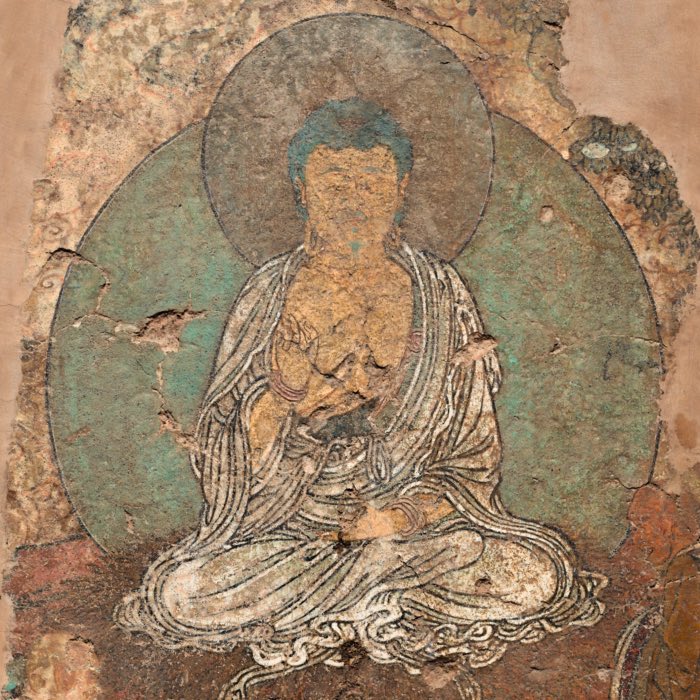
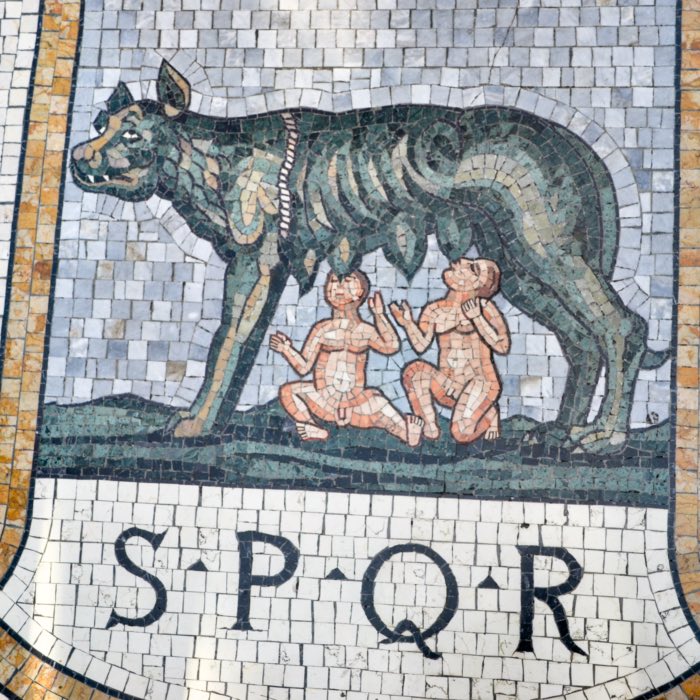
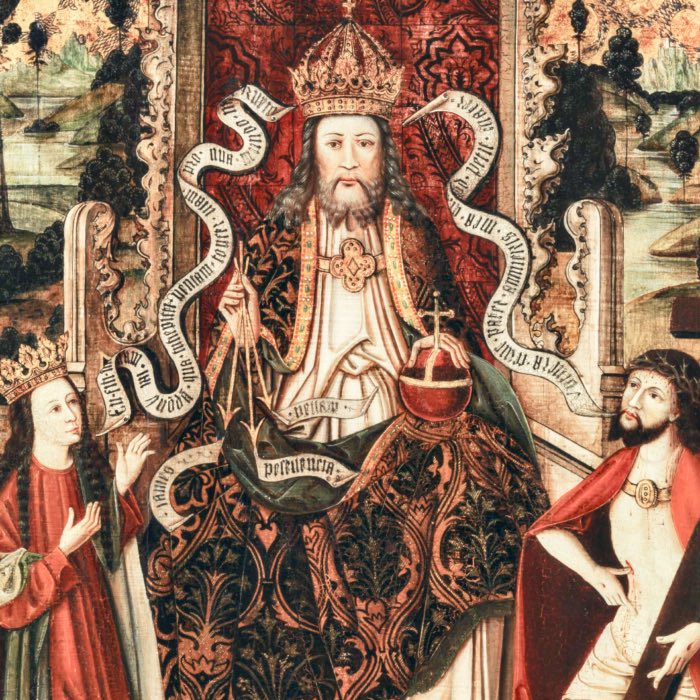
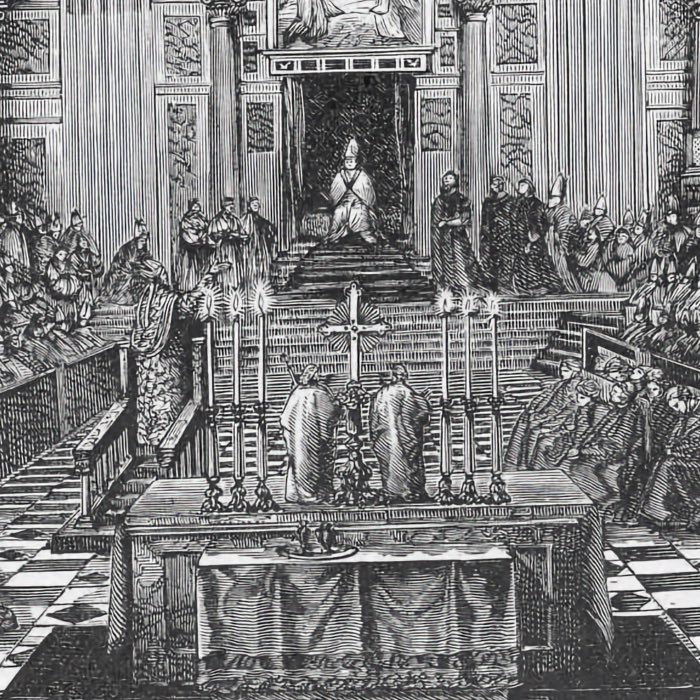
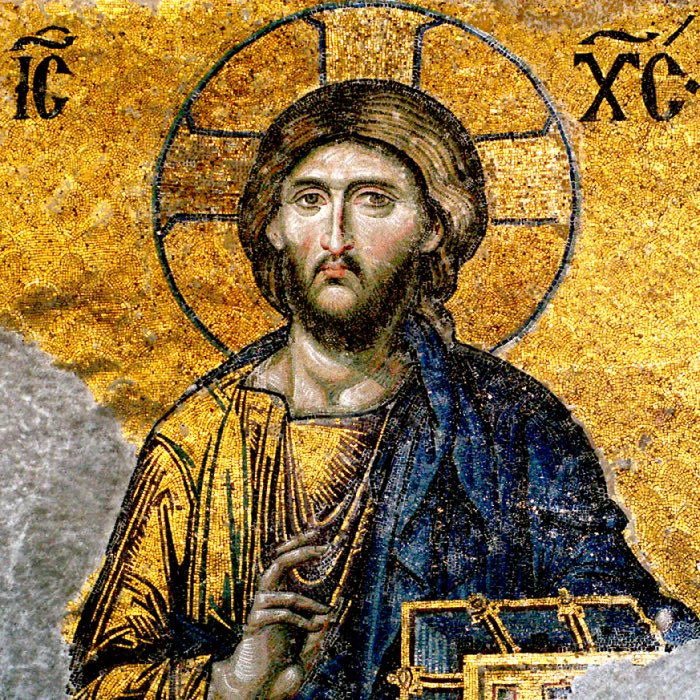
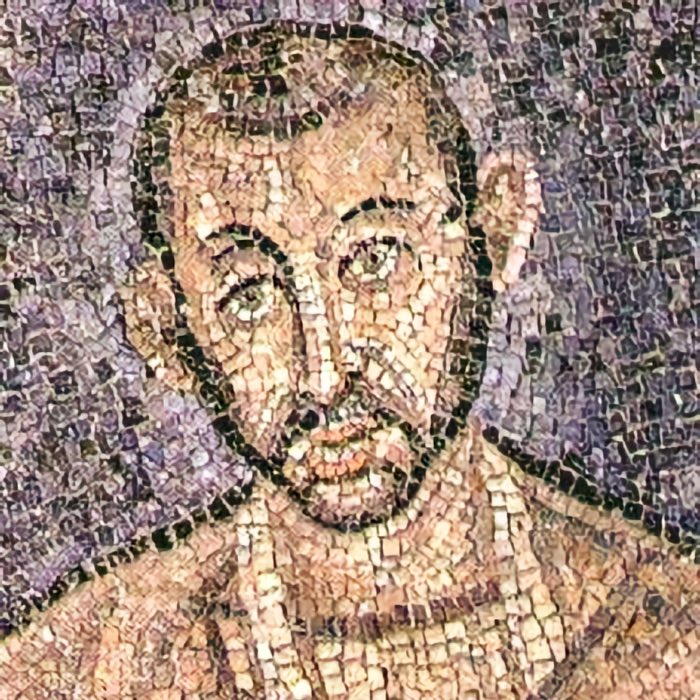


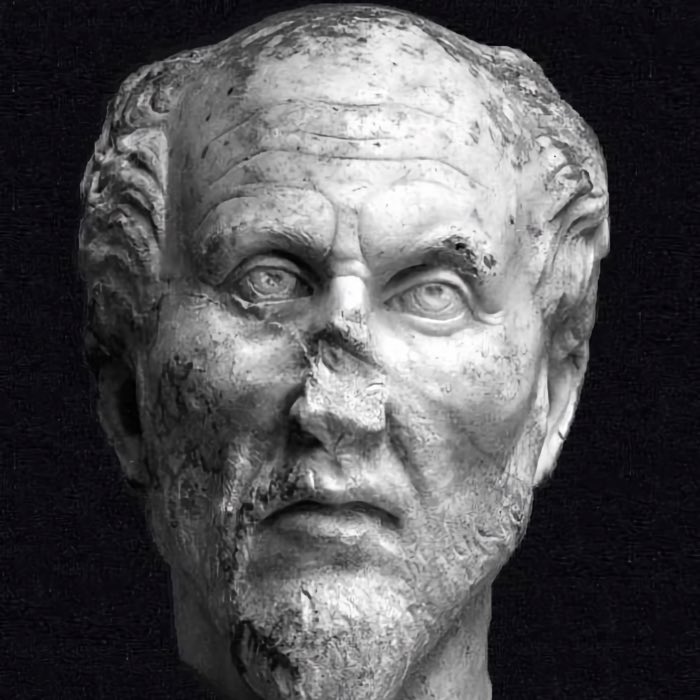
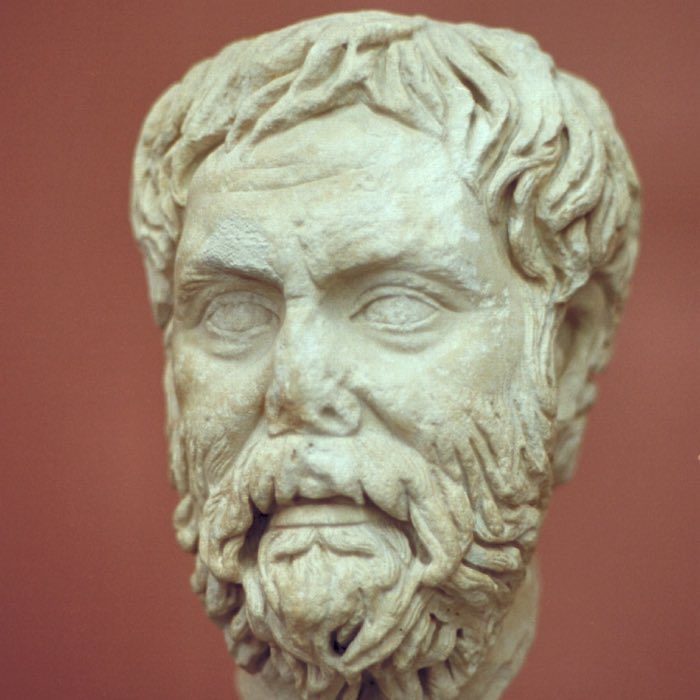
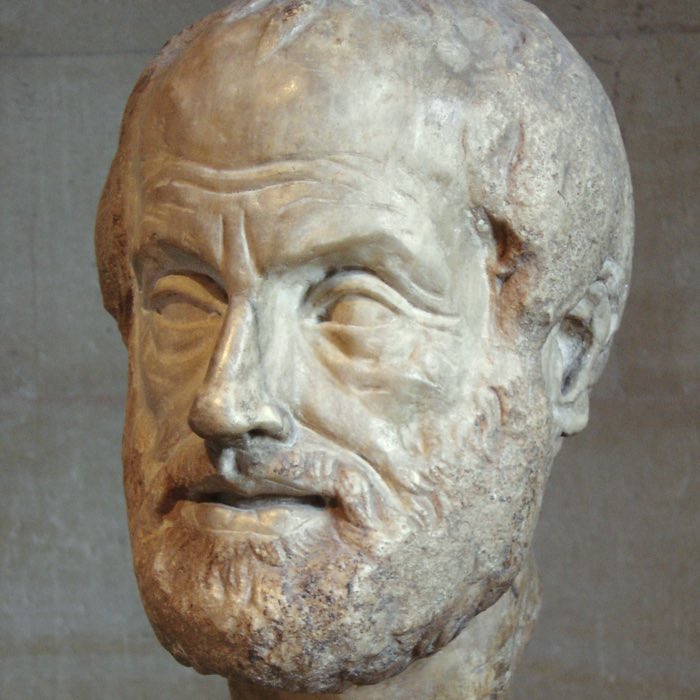
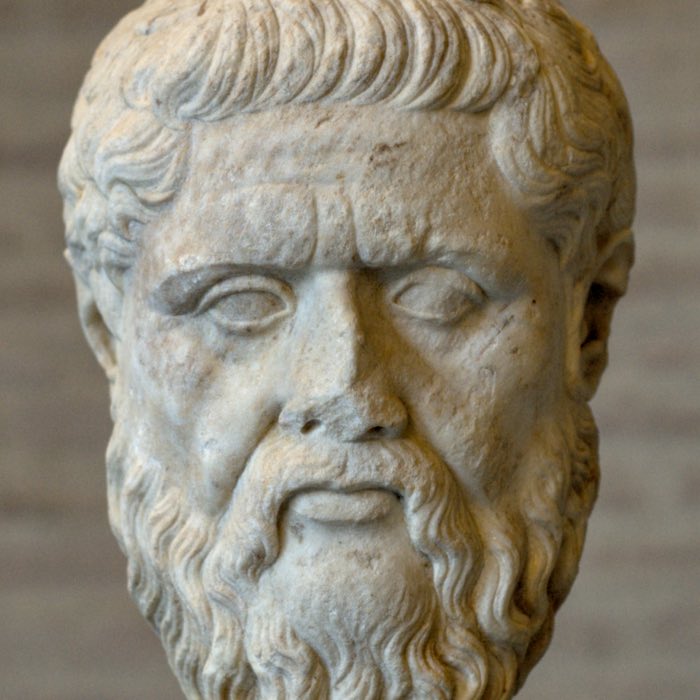
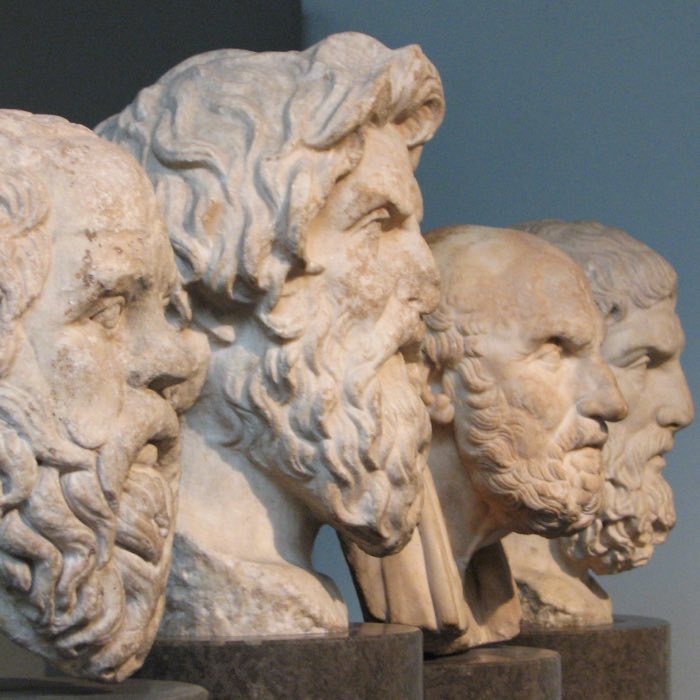








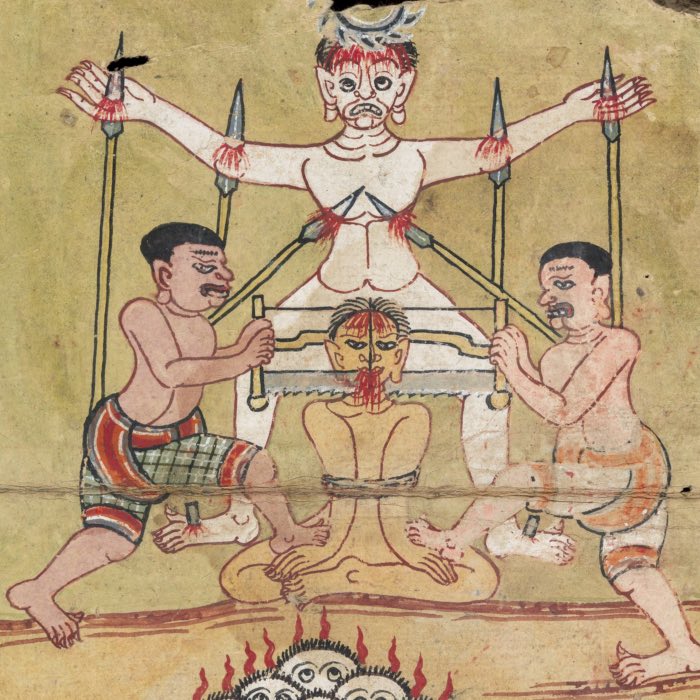
comments